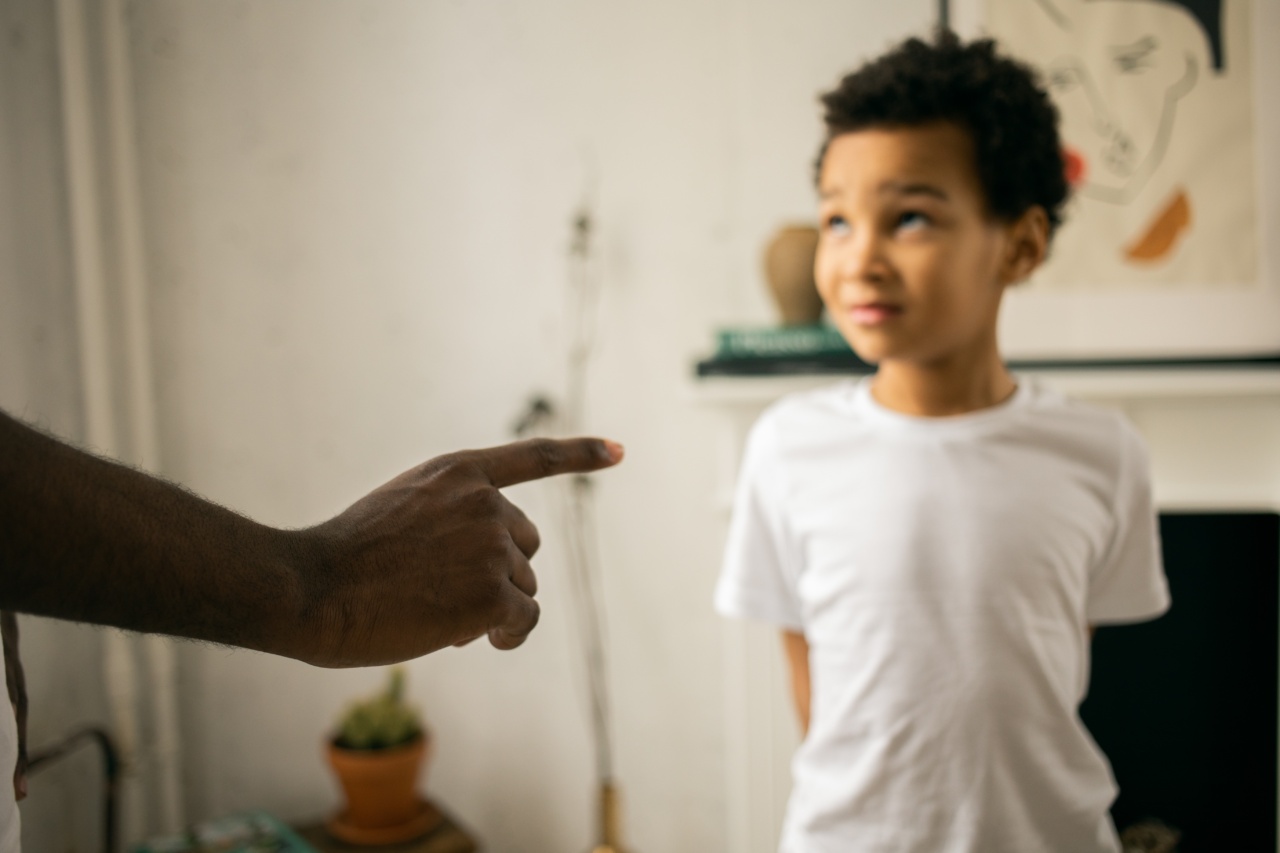Parenting is a challenging journey that comes with its fair share of ups and downs.
As parents, we often find ourselves navigating through a maze of decisions and strategies to ensure our children grow up to be responsible, compassionate, and well-rounded individuals. However, sometimes in the process of trying to discipline our kids or teach them a lesson, we may unintentionally resort to guilt as a tool.
While guilt may seem like an effective way to elicit behaviors we desire, it can have long-lasting negative consequences on our children’s mental and emotional well-being.
1. Damages self-esteem
When parents resort to guilting their children, it can have a detrimental impact on their self-esteem.
Constantly being made to feel guilty for their actions or choices can lead children to believe that they are not good enough or that they are constantly disappointing their parents. This can create a negative self-image and result in feelings of worthlessness and insecurity.
2. Inhibits emotional expression
Guilt can hinder a child’s ability to express their emotions freely. When children feel guilty for expressing their true feelings or experiences, they may learn to suppress or hide their emotions.
This not only affects their emotional well-being but also hampers their ability to build healthy relationships and communicate effectively.
3. Encourages secretive behavior
Guilt can push children towards secrecy, as they may avoid sharing their experiences or actions out of fear of disappointing or upsetting their parents. This can breed a sense of dishonesty and erode trust between parents and children.
When children feel like they have to hide parts of themselves, it becomes difficult to develop open and honest relationships based on trust and mutual understanding.
4. Leads to anxiety and stress
Constant guilt-tripping can create a stressful environment for children. The fear of making mistakes or facing disapproval can lead to heightened levels of anxiety.
Children may become anxious and constantly worry about negative consequences, which can have a significant impact on their overall well-being and mental health.
5. Hinders decision-making skills
Guilt often presents itself as a powerful deterrent in decision-making processes. When children have internalized guilt, they may make choices or decisions based on avoiding guilt rather than following their own instincts or values.
This can hinder their ability to develop critical thinking skills and learn from their mistakes.
6. Jeopardizes parent-child relationship
Using guilt as a disciplinary tool can strain the parent-child relationship. Constant guilt-tripping can create a hostile environment where children may feel resentful towards their parents.
It can erode the trust and respect necessary for a healthy parent-child bond and lead to long-lasting emotional distance.
7. Impacts future relationships
When children grow up experiencing guilt as a prevalent emotional response, it can shape their behavior and interactions in future relationships.
They may struggle to assert themselves, fear confrontation, and develop a pattern of seeking validation through guilt. This can negatively impact their friendships, romantic relationships, and overall social well-being.
8. Inhibits personal growth
Guilt can prevent children from exploring their true potential and pursuing personal growth. When children internalize guilt, they may avoid taking risks or trying new things.
The fear of failure or disappointing others can limit their willingness to step outside their comfort zones, hindering their personal and academic development.
9. Creates a cycle of guilt
Guilt can become a cyclical pattern that passes down through generations. When children grow up experiencing guilt from their parents, they may unintentionally reproduce the same guilt-inducing behavior towards their own children.
Breaking this cycle requires awareness and conscious efforts to adopt alternative disciplinary techniques that prioritize emotional well-being and open communication.
10. Hinders empathy and compassion
Constant guilt can overshadow a child’s ability to develop empathy and compassion for others.
When children are preoccupied with their own guilt and feelings of inadequacy, it becomes challenging for them to truly understand and support others emotionally. Empathy and compassion are crucial qualities for building healthy relationships and fostering social harmony.
Conclusion
While parenting is undoubtedly a complex and challenging journey, it is essential to recognize the negative consequences that guilting our kids can have on their mental and emotional well-being.
Rather than relying on guilt, parents should strive to cultivate an environment of open communication, trust, and understanding. By prioritizing positive discipline techniques and fostering healthy emotional expression, we can raise confident and resilient individuals who have a strong sense of self-worth and empathy towards others.






























